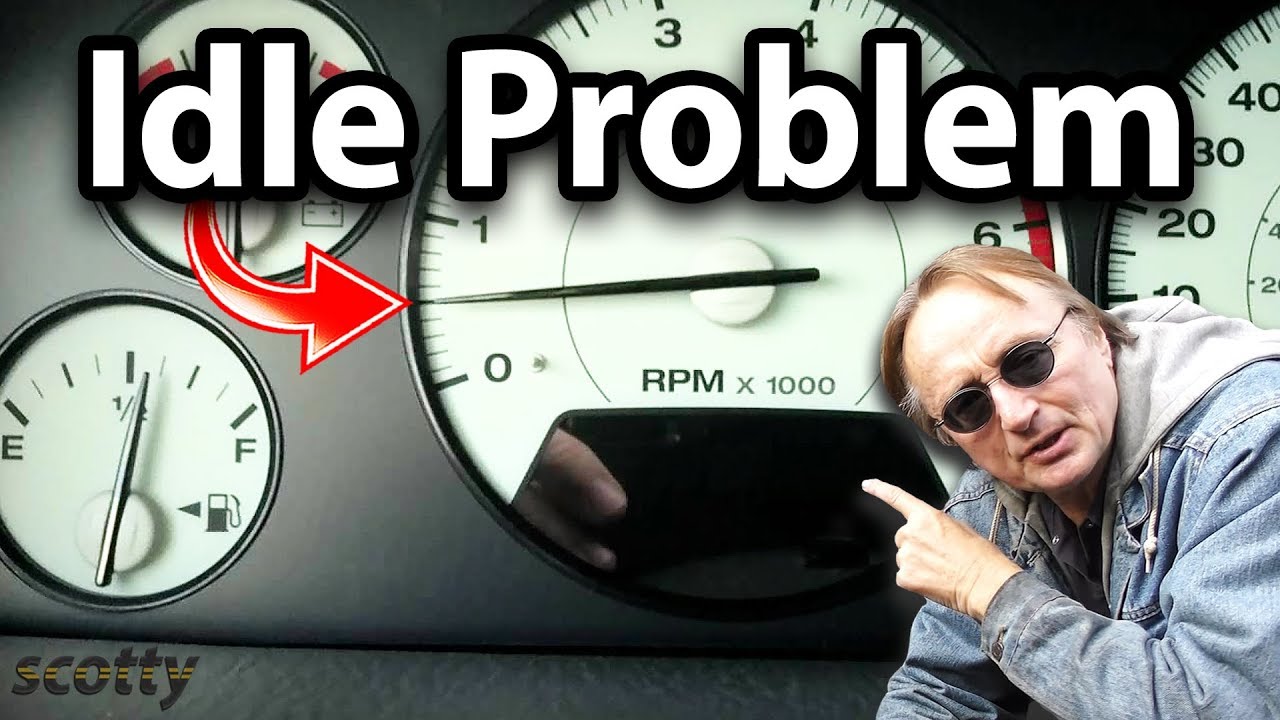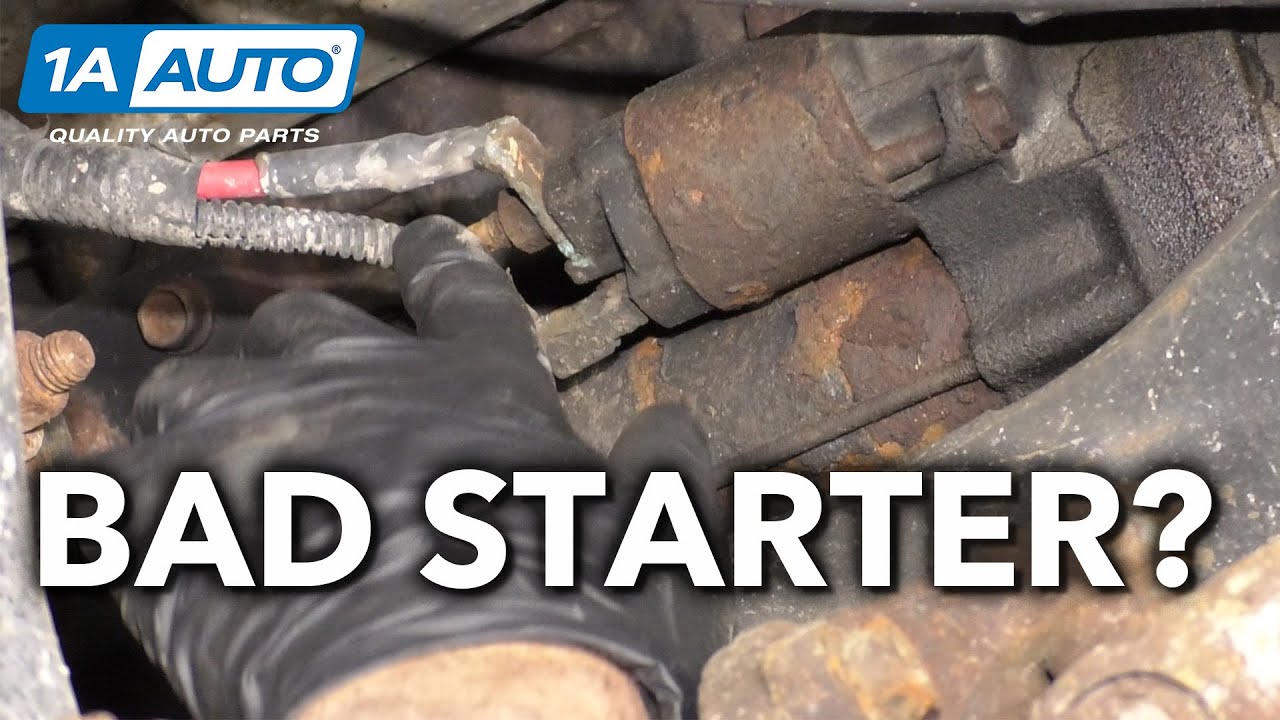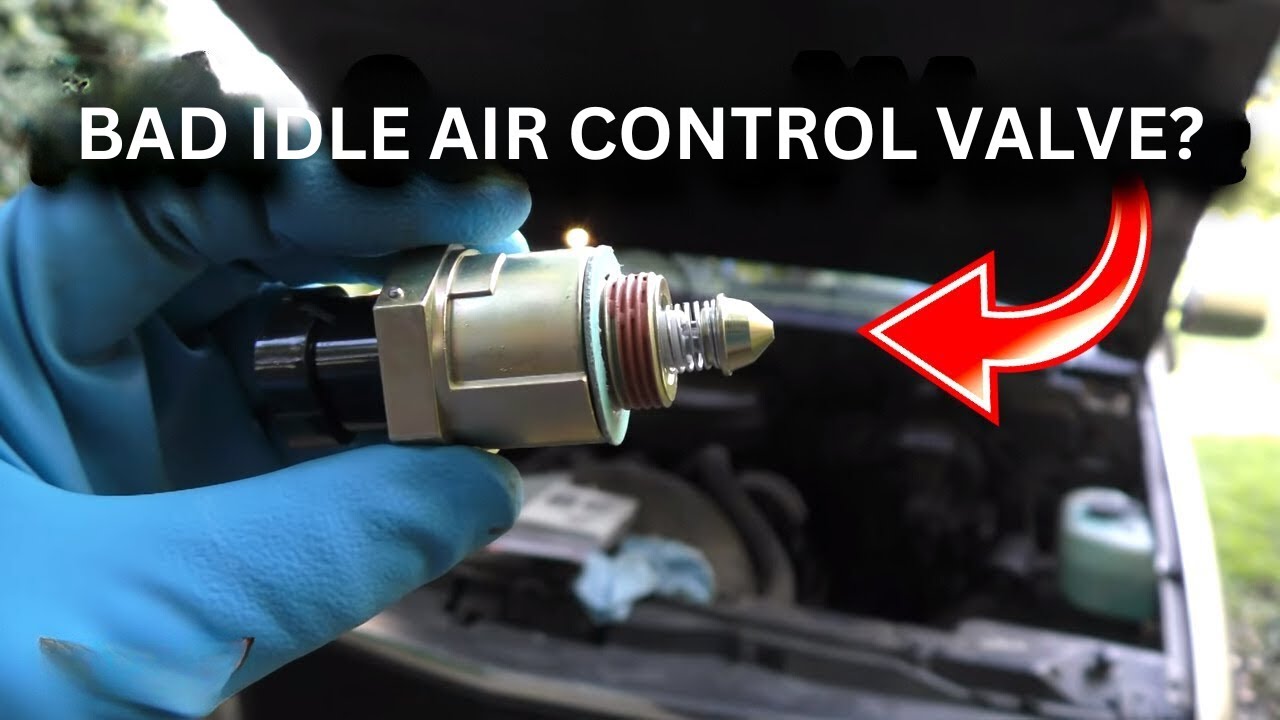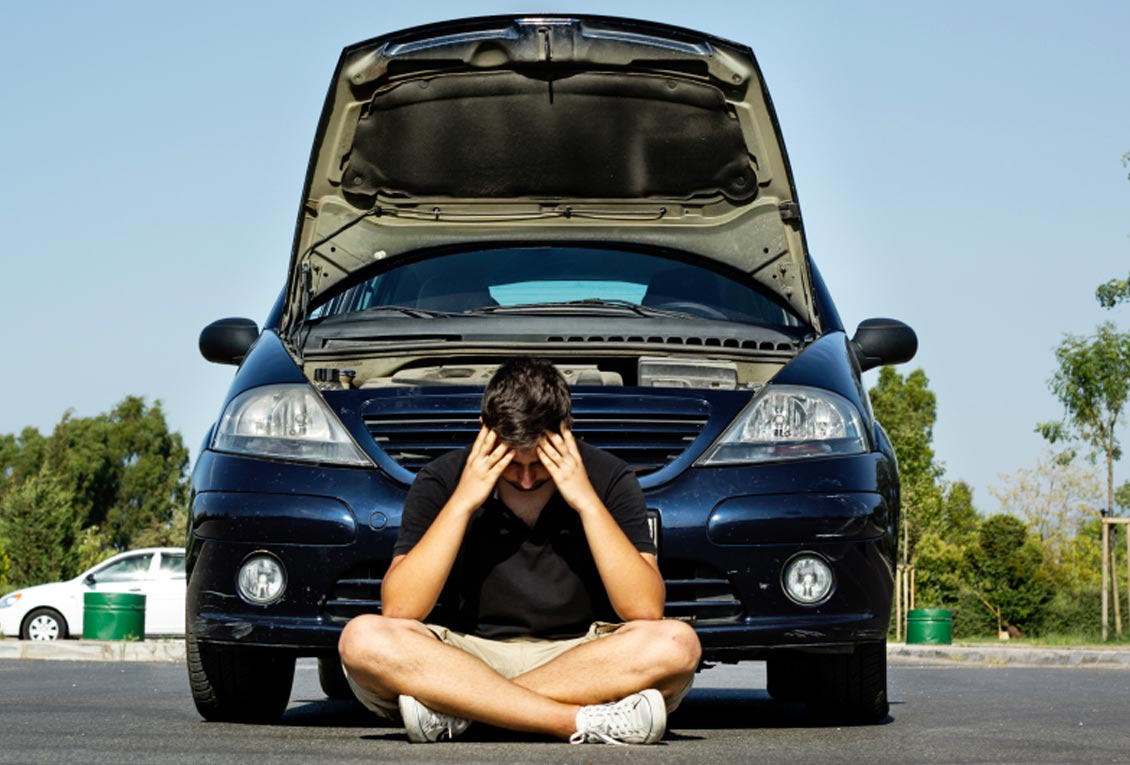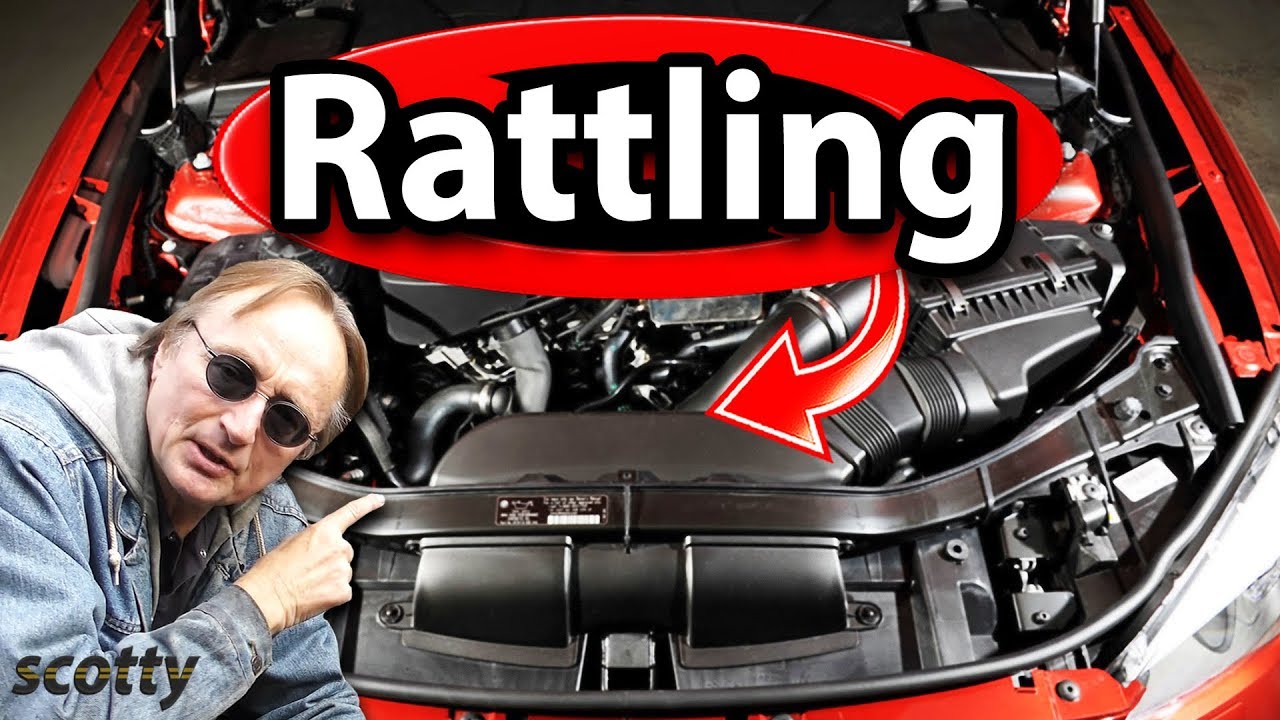Feel like your car is groaning and sputtering at every stop? It’s time to decode the riddles of engine idle speed problems! From stubborn stalling to jittery jolts, these issues can turn a smooth ride into a bumpy ordeal. Dive into the world of engine diagnostics, where we dissect common idle troubles and their sneaky culprits.
Rough idling is the excessive shaking and vibrations you feel when your engine is running but not moving. The cause of engine idle speed problems can range from a dirty mass air flow sensor to a Faulty Fuse to a vacuum leak in the intake manifold.
To solve an idle speed problem, a mechanic needs to be able to diagnose the underlying cause and devise a strategy to repair it. This article will discuss some of the most common engine idle speed problems and their causes.
What are the Common Engine Idle Speed Problems?
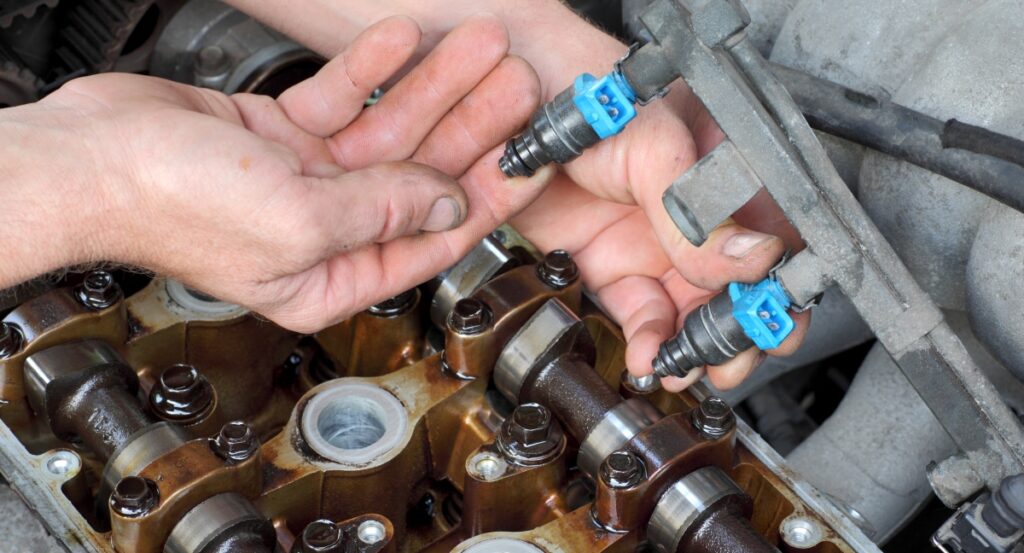
These are some of the Common Engine Idle Speed Problems:
- Engine Misfiring: A sign of a failing ignition system, a clogged fuel injector, or a malfunctioning engine control module.
- Engine Stalls When Stopping: A sign of a vacuum leak, a malfunctioning throttle position sensor, or a failing engine control module.
- Slow acceleration
- Rough or Irregular Idling: A sign of a vacuum leak or dirty throttle body.
What are the Common Causes of Engine Idle Speed Problems?
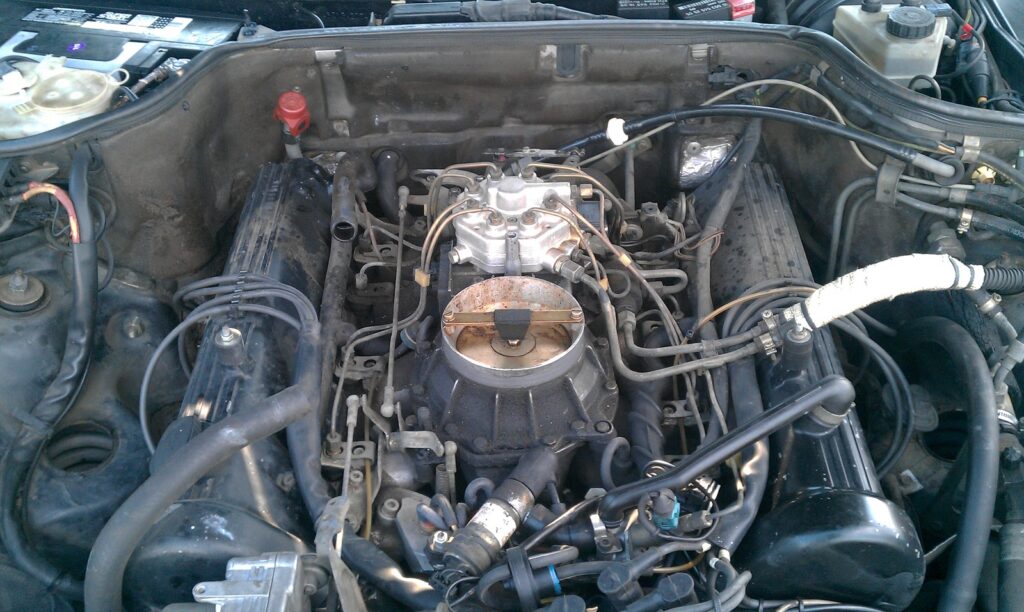
These are some of the common roots of engine idle speed problems:
- Faulty Fuse: The IAC motor is unable to function.
- Vacuum Leak
- Malfunctioning Throttle: Due to dirty air intake.
- Faulty Idle Control Valve (ICV): Due to excessive carbon buildup in the intake manifold.
- Computer Malfunction
- Faulty Spark Plugs: Dirty or faulty spark plugs cause the engine to stop running.
- Dirty Fuel Injectors: The car won’t be able to start at all.
- Dirty Air Filter: The air required to complete the combustion cycle is not allowed to enter.
- Head Gasket Leak: White smoke comes out from the exhaust pipe.
- Bad Fuel Pump: Varying amounts of fuel jetted into the combustion chamber during normal idle.
How Do You Troubleshoot Engine Speed Idle Problems?
Follow these steps to troubleshoot your engine’s fast idle problems:
First, determine if any diagnostic trouble codes are stored in the PCM (powertrain control module). If you find these codes, follow them to possible causes, or consult a mechanic for further interpretation.
If the PCM offers no hints, the best place to begin looking for problems is with the Idle Air Control Valve. Try cleaning it and see if that improves your idle speed.
